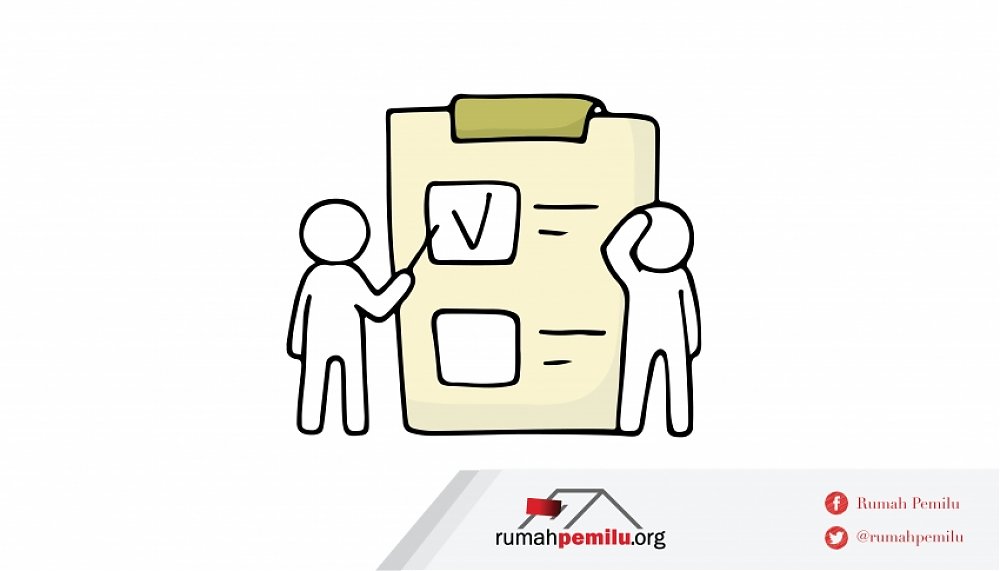We are Social data for January 2021 shows that the internet penetration rate in the Philippines is 67 percent, slightly below the Southeast Asian average of more than 70 percent. 99 percent of adults with internet access have a Facebook account. On average, each user has 10 accounts on various social media. The five media most widely used by Filipinos are Youtube, Facebook, Instagram, Twitter, and Tiktok.
In the 2022 Simultaneous Elections, many parties complained about the prevalence of disinformation and misinformation on social media. Social media is referred to as a new arena of war that replaces fighting in the field. Disinformation, buzzer, cyber army became dominant phenomena in the campaign in the Philippines.
Secretary General of Gayon Cares, an advocacy organization for lesbian, gay, bisexual, transgender and queer (LGBTQ) rights, said disinformation about the Philippines' political history was spread by the Bongbong Marcos campaign team or BBM on various social media platforms. This was also admitted by the BBM campaign team, that cyber troops were deployed to counter bad narratives about BBM's family background.
"We make our campaigns effective on social media because there are a lot of news and narratives circulating that always disfigure BBM," said Stephanie "Summer" Sia, BBM-Sara campaign team at BBM-Sara's winning office, Legazpi (4/26).
Meanwhile, an informant from Rappler who was interviewed at the Comelec office in Albay Province said his party found a lot of disinformation related to election technicalities. One of them is disinformation about how to vote. In the disinformation narrative, it is stated that the correct way to vote is to put a cross on the circle on the ballot. In fact, the truth is to blacken the circle on the ballot.
“Disinformation like this certainly has the potential to eliminate voting rights because when voters believe the information, their votes will not be read correctly. We at Rappler have tried to debunk it and spread it through our channel," explained the informant who did not want to be named (4/27).
Other disinformation was conveyed by Director IV Comelec Region V or the Bicol region, Attorney Maria Juana S. Valeza. Disinformation was spreading which seemed to indicate that the ballot papers for foreign elections did not contain the name of candidate Leni Robredo. This disinformation is considered intended to form an image that Comelec, who was chosen by President Duterte, is making an effort to win the BBM-Sara tandem pair. Sara Duterte is the daughter of President Rodrigo Duterte.
Maria also found disinformation, namely disinformation about vaccines required to be able to exercise their right to vote. There is no vaccine obligation to be able to exercise the right to vote.
"This information can clearly harm voters who, due to certain conditions, cannot vaccinate or are reluctant to vaccinate," said Maria at the Comelec Albay Region office (4/25).
A student activist in Ligao City, Jeffry Latigay said that several universities had been educating voters about election disinformation. One of the universities that did this was Bicol University. His organization has also pushed for Comelec to increase its digital literacy efforts and online campaign accountability.
“Together with campus organizations, I conducted voter education regarding fact checking, and we also advocated for Comelec the importance of increasing digital literacy and online accountability. We give this because young people often become victims of hate speech when we tell them on social media that a post posted by someone is a hoax," explained Jeffry.
Internews data from December 2021 to March 2022, there were 331 election disinformation that was reported to be spread on social media. 80 percent are found on Facebook, 15 percent on Youtube, 4 percent on Tiktok, and 1.3 percent on Twitter. 42 percent of the disinformation is in the form of video, 40 percent is in the form of photos, and 18 percent is in the form of text.











